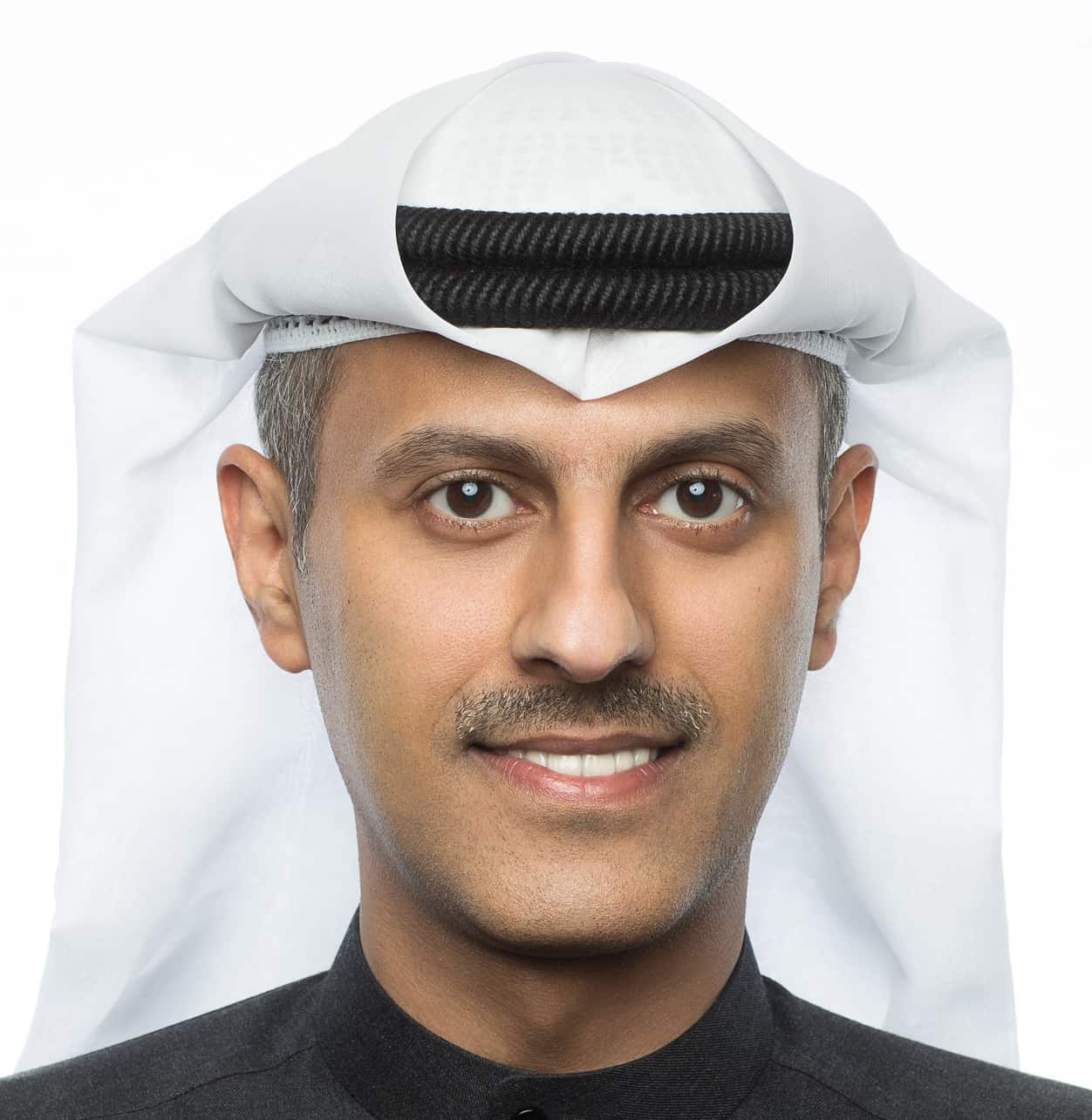Sulaiman Al-Marzouq, deputy CEO for Kuwait at National Bank of Kuwait, speaks with Global Finance about the pandemic’s impact and how the bank plans to navigate the recovery.

Global Finance: Last year was a difficult one all around. How was it for NBK?
Sulaiman Al-Marzouq: Obviously very challenging! It was a great challenge globally, but more specifically for the Gulf Cooperation Council due to the economic implications of the pandemic and falling oil prices.
At the beginning of the crisis, our first focus at NBK was the safety of our employees and customers. We promptly activated our emergency plans. Our crisis management practices proved to be very effective, and I am extremely proud of our staff efforts. Our operations were never disrupted.
We also did a successful issuance of our subordinated Tier 2 bonds in US$300 million and in Kuwaiti dinars 150 million. The KD issue was a record amount and record subscription, which showed that investors, even during these challenging times, still feel safe investing in our bank.
It is equally important to highlight how our increased investments in IT infrastructure and digital transformation in recent years gave us more dynamic data and a proactive approach in understanding our customers and their needs. The bank’s digital channels proved to be effective and practical alternatives for branches.
The NBK Mobile Banking application emerged as the bank’s key digital channel, with the number of users increasing by 38% during 2020; whereas the number of mobile-based transactions increased by 51% compared to the previous year. Today, I can say we are coming out of the storm on solid ground; 2020 was an exceptionally challenging year, but NBK remained intact and well prepared for a better 2021.
GF: What does 2021 hold for NBK?
Al-Marzouq: As a bank, our key focus will be on continuing our digital journey to improve the effectiveness and efficiency of our operations. We are particularly looking forward to start realizing the benefits of our investments in robotics. Our digital journey included an investment in RPA [robotic process automation] to introduce automation for manually intensive processes, reduce human error, provide a full audit trail of processes and facilitate cost reduction as well as potentially generate revenue. We might not see all the results in 2021, but we will hopefully benefit from some of these projects.
At the same time, we are hopeful the Kuwaiti economy will recover, and we hope the government will resume its capital expenditure plans. NBK being the biggest bank in Kuwait, we could take the lion’s share of the business and benefit especially from trade and infrastructure finance opportunities.
GF: How do you evaluate Kuwait’s response to the Covid-19 crisis?
Al-Marzouq: Kuwait was one of the first countries to react swiftly and aggressively. The authorities applied various measures to limit virus spread, with partial and complete lockdowns.
On the macroeconomic side, the policy response focused mostly on ensuring the supply of credit and easing pressure on affected sectors. From a banking sector perspective, the conservative approach and measures adopted by the Central Bank of Kuwait over the past years made the sector more solid, making it one of the pillars of recovery from this crisis.
The banking sector, and NBK in particular as market leader, faced the emerging challenges and the fallout from the pandemic from a position of strength, exhibiting very solid buffers in terms of liquidity, capitalization and asset quality.
GF: Where do you see opportunity for NBK to grow?
Al-Marzouq: Obviously, in digital banking. We are leading the digital transformation in Kuwait and will continue to push the innovation agenda. On another front, we are putting priority on diversification, with Islamic banking both inside and outside Kuwait via Boubyan Bank [of which NBK is the majority shareholder] as well as through investment-banking opportunities in the region via our investment-banking arm, NBK Capital.
Finally, growth in our key markets outside Kuwait is essential. We will continue developing retail banking in Egypt, where we see huge opportunities and where much more can be done. We will also grow wealth management in Saudi Arabia. The focus will always be on the region, but we monitor where we can add value and complement our existing business—with our presence in Singapore and China, for instance.



